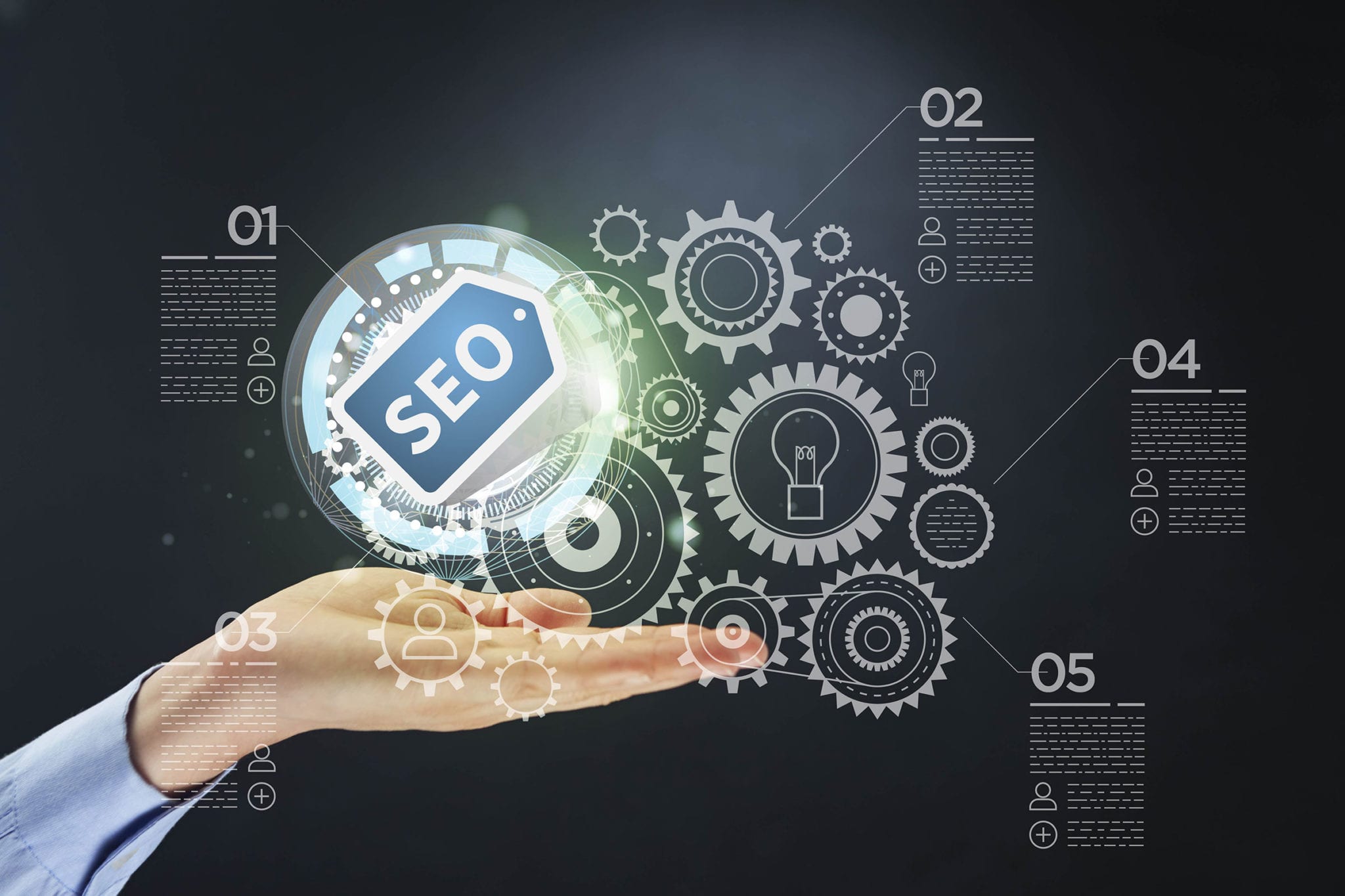Even a single factor like mobile page speed can affect the conversion rate of your website tremendously. According to a survey done by a leading SEO agency in Mumbai, a three-second delay in the website page loading time can increase the bounce rate by more than 90%. This itself shows how important the page loading speed is to increase the conversion rate for any business website.
An increase in the bounce rate on your website may actually imply that you are losing prospective clients who may provide potential business. Also, the research done by the same digital marketing company in Noida pointed out that more than 40% of the visitors who are not satisfied with the website performance would tell a family member or friend.
In short, the loading time of your website not only affects the incoming visitors but also deters future visitors from visiting your website. The online retailers often overlook the importance of page loading time because they are highly focused on other areas of digital marketing like
Here are a few more things that show how slow mobile page speed affects the conversion rates.
Impact on User Experience:
In a survey conducted by a leading SEO agency in Mumbai, it was observed that online shoppers hate browsing a shopping website if the loading time of the page is more than 3 seconds. Typically, the bounce rate is observed to be more than 75%. Adding a few more seconds to the loading time can have more negative results like the ability to engage visitors would go down rapidly.
Impact on Sales
If your website loading time is pretty slow, then no doubt you are losing a lot of potential clients on your website and in turn losing out many sales. Losing out on sales means a significant cut on your revenue generation, which directly translates to more losses.
As mentioned earlier, 40% of the visitors who are not satisfied with your website performance will inform their friends or relatives about their experience. Also, dissatisfied customers are 80% less likely to purchase from the same website again. This means a huge loss of potential customers for the business.
Also, online businesses need returning visitors for more sales transactions on their website. According to a survey conducted by Walmart, it was observed that there is a sharp decline in the sales as the page loading time increases from 2 to 4 seconds.
Impact on Online Visibility (SEO)
Search engines like Google have made page loading speed as one of the important ranking factors. Also, more than 50 percent of website traffic comes from mobile phones. By 2020, it is expected that mobile phones are going to completely overtake desktop users.
As mobile traffic has increased rapidly, Google rolled out a mobile-first index feature in 2017. Based on this feature, Google now ranks websites based on mobile performance factors. In short, the mobile page loading time affects your website ranking.
According to Google, 53% of the visitors leave a website if the page loading time is more than 3 seconds. So, in order to reduce the page loading time, optimize the images and reduce the number of elements being used on your website. Cutting down unnecessary images and elements not only reduces the loading time of your website but also makes your website look minimalistic.
I hope this article has provided clear information about how the mobile page speed loading time affects your conversion rate. Improving the page loading speed can help you attract more customers to your site who may become long term clients. So, you must try to optimize your page loading speed and increase the conversion rate on your website effectively. Let us know how your experience was after implementing the changes. Needless to say, installing Google Analytics and connecting it to your site can help you monitor the traffic effectively.


